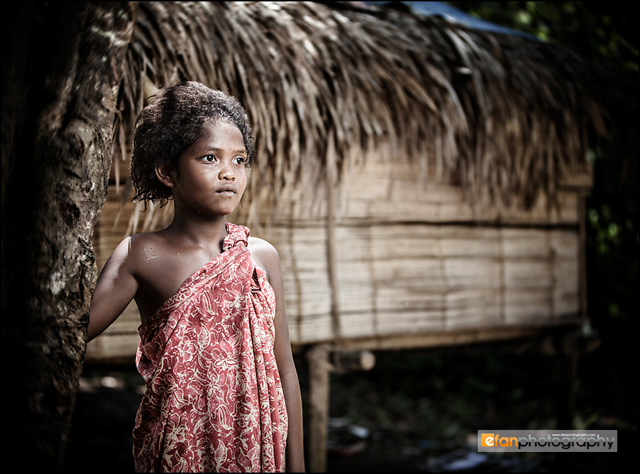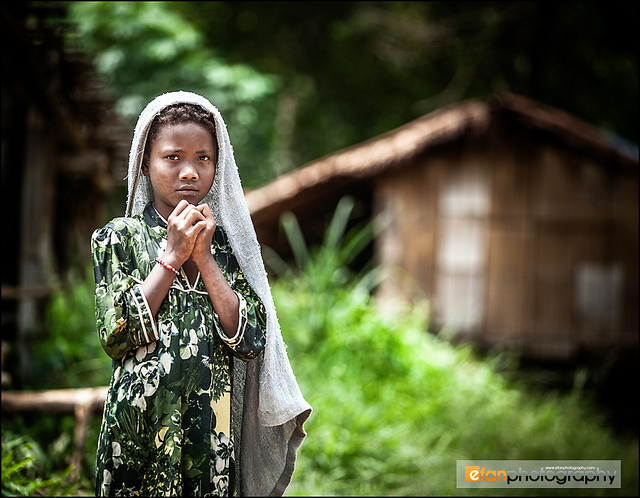That classic authority on the English language the Oxford English Dictionary (the OED) defines a “war of words” as a journalistic phrase meaning “a sustained conflict conducted by means of the spoken or printed word.” Such a “war” had erupted three weeks ago in news stories about the causes and cures for a skin disease afflicting many young Batek people in Kuala Koh, Malaysia. The good news more recently is that the people are getting better.

The conditions endured by the Batek were described in several Malaysian news sources and summarized here a week later, on April 4. A couple of Batek quoted in the news stories indirectly castigated the health department. One person criticized the local health clinic for their inability to provide medicines that would cure the infection and another urged the department to become more involved with the health problems in the village.
The report in this website also summarized a news story published a day after the others that raised the sniping by the Batek into a war of words by the health authorities. The health department of Kelantan state argued that the problem was caused by the stubborn refusal of the Batek to take a bus into the health clinic for treatments, and that the illness was a type of skin fungus that the medical personnel would be able to diagnose. The subtext was, once the people were willing to cooperate they could be cured.
Last Thursday, the 11th, a story in Kosmo, one of the Malay-language news services that had carried the original description of the problem three weeks ago, reported that the Batek have found their own cure by using traditional sources—and they deny categorically that they refused to cooperate and take the bus, as the earlier report had indicated.

The reporter spoke with Ani Ong, 35, who said that a large number of Batek in the village had already been healed by spreading on the infected areas of their skin a concoction of limestone chalk and pepper taken from plants growing around their houses. He admitted that some people were not completely cured by using the traditional medicine but after the treatments they were not infected as seriously.
Anisah Pinang said his young children were also cured by the concoction of chalk and pepper. He said that they were forced to try the traditional medicine since they had not received any helpful treatments “from any of the parties,” in the wording of the Google translation, meaning the health authorities. “Although my child’s body is still itchy … it is not as serious as before after being rubbed with chalk and with pepper,” he said.
The reporter also spoke with Jamil Hendi, 23, who said that almost half of the 300 villagers had been infected by the skin disease. He argued that modern medicines seem to be ineffective against the infection. His engagement in the war of words was temperate: “We deny the accusations of certain parties [meaning the health authorities cited earlier] claiming that we did not cooperate and run away from the jungle for fear of disease treatment.”
He further softened his rhetoric by adding that he hoped modern healthcare could be brought to the village more often to treat the people, even though Kuala Koh is in a very remote location. He was using, to make up a phrase, “peacemaking with words” rather than the more familiar “war of words” to make his points gently. Someday, hopefully, the OED will include that peacemaking phrase that the Batek exemplify so effectively as well as the phrase exemplifying violent approaches to contentious issues.